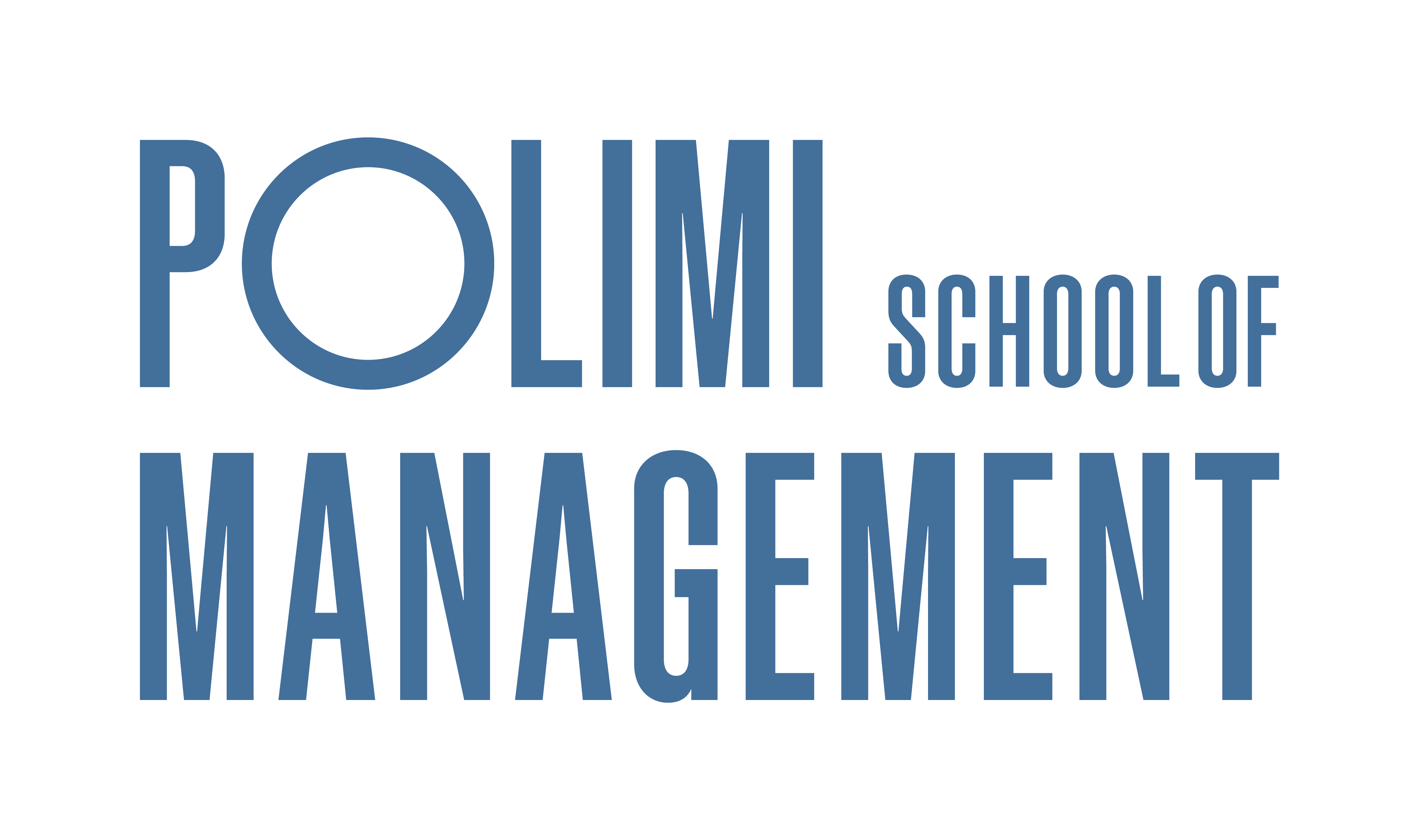
Leonardo Boni
Researcher and Assistant Professor
Research Fellow at Politecnico di Milano, he is part of Tiresia, supervising the impact finance team. PhD in General Management at the University of Bologna, with a dissertation on hybrid organizations. Graduated at Bocconi University in Economics and Management of Innovation and Technology (EMIT), with a major in Green Management and Sustainability. He worked as analyst at Climate Policy Initiative (CPI), a consulting and research company mainly involved in climate finance.
His main research interests involve impact finance and hybrid organizations.
Publications
- Bandini F., Fia M., Boni L., Toschi L.
- Le Società Benefit in Italia. Scelte motivazionali e assetti di governance: una prima analisi empirica, in: Società benefit PROFILI GIURIDICI ED ECONOMICO-AZIENDALI, pp. 21 – 33 [capitolo di libro]
- Che cosa significa «Società Benefit»? Quali sono le sue caratteristiche distintive? E perché un’impresa decide di nascere o divenire benefit? Grazie al contributo di numerosi esperti, il libro offre risposte esaustive a questi interrogativi, proponendo un panorama aggiornato e una trattazione articolata del tema, con un’attenzione specifica allo stato dell’arte nel nostro Paese.
- Using Public Finance to Attract Private Investment in Geothermal: Olkaria III Case Study, Kenya
- Micale,V, Trabacchi, C., & Boni, L.
- Olkaria III is an interesting case to study, as it was the first privately funded and developed geothermal project in Africa. Furthermore, the papere explains a project that represents an example of phased development strategy, and a good mix of financing and risk mitigation instruments made available by the public sector.
- https://www.climateinvestmentfunds.org/sites/default/files/knowledge-documents/150601_final_olkaria_forweb_2.pdf
- Estimating mobilized private finance for adaptation: exploring data and methods.
- Brown, J., Stadelmann, M., Wang, D., Boni, L., Jachnik, R., & Kato, T. Climate Policy Initiative and OECD.
- This paper helps advance understanding of publicly-mobilized private adaptation finance by: • Taking stock of data availability and on-going efforts to measure private finance mobilized for climate action in developing countries, including for adaptation activities; • Developing and assessing a range of methodological options to estimate private finance that has been mobilized by public adaptation finance; and • Conducting case study-based pilot measurements on mobilized private adaptation finance by testing these methodological options on two bilateral adaptation projects.
- http://climatepolicyinitiative.org/wp-content/uploads/2015/11/Estimating-mobilized-private-finance-for-adaptation-Exploring-data-and-methods.Pdf
- Energy savings insurance: Pilot progress, lessons learned, and replication plan. Global Innovation Lab for Climate Finance
- Micale, V., Stadelmann, M., & Boni, L.
- The Energy Savings Insurance (ESI) instrument aims to stimulate investments in energy efficiency by mitigating the risk that small and medium enterprise’s investments do not pay for themselves if actual energy savings end up being lower than anticipated. This paper outlines progress made during Phase 3 on the design and pilot underway in the agro-industry sector in Mexico in 2015, where an expected 10 projects will be selected to test the instrument initially, and plans for the instrument to then be extended to the entire sector.
- www.climatefinancelab.org/wp-content/uploads/2014/08/Energy-Savings-Insurance-Lab-Phase-3-Analysis-Summary-1.pdf




